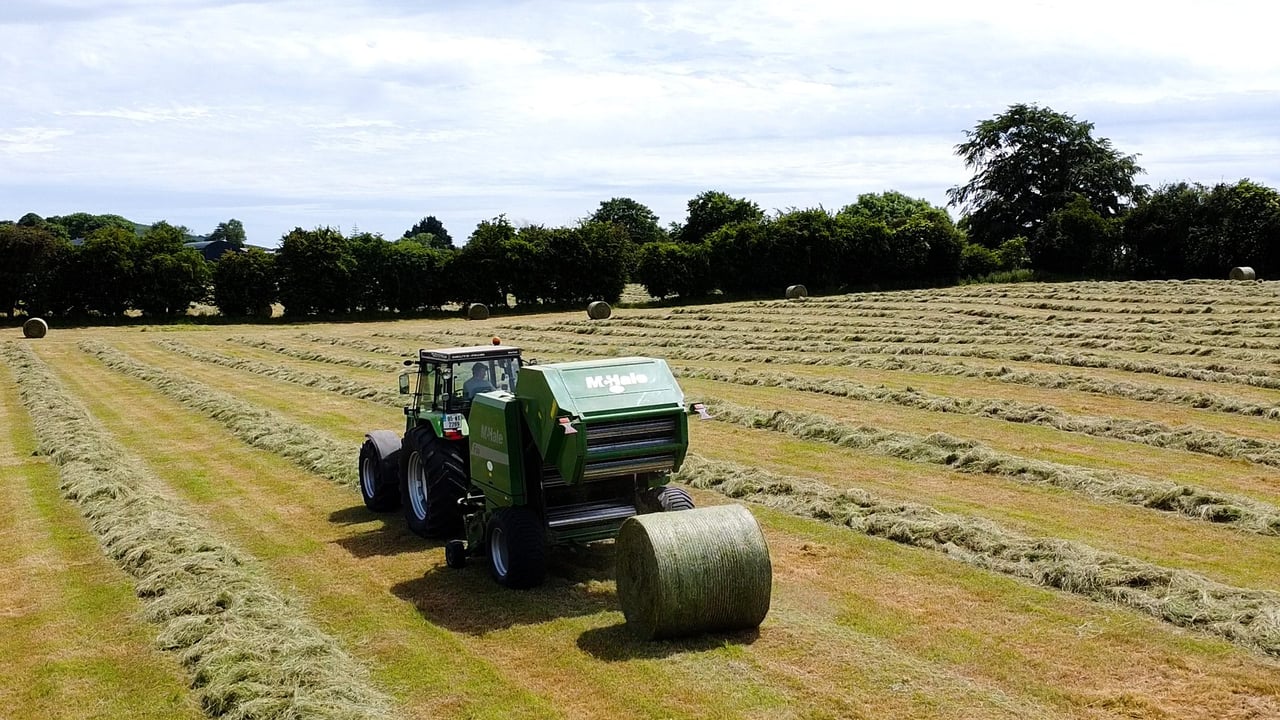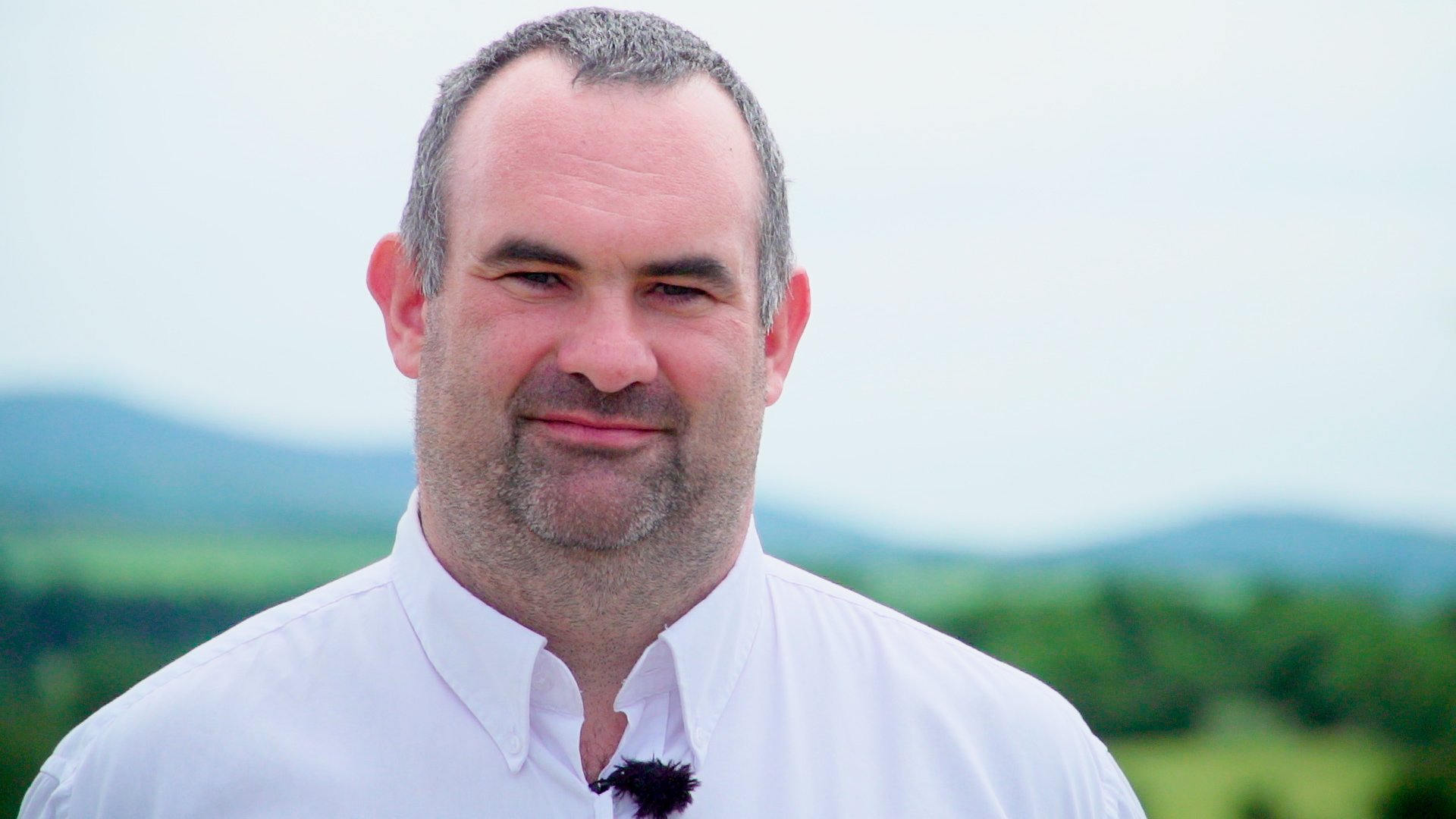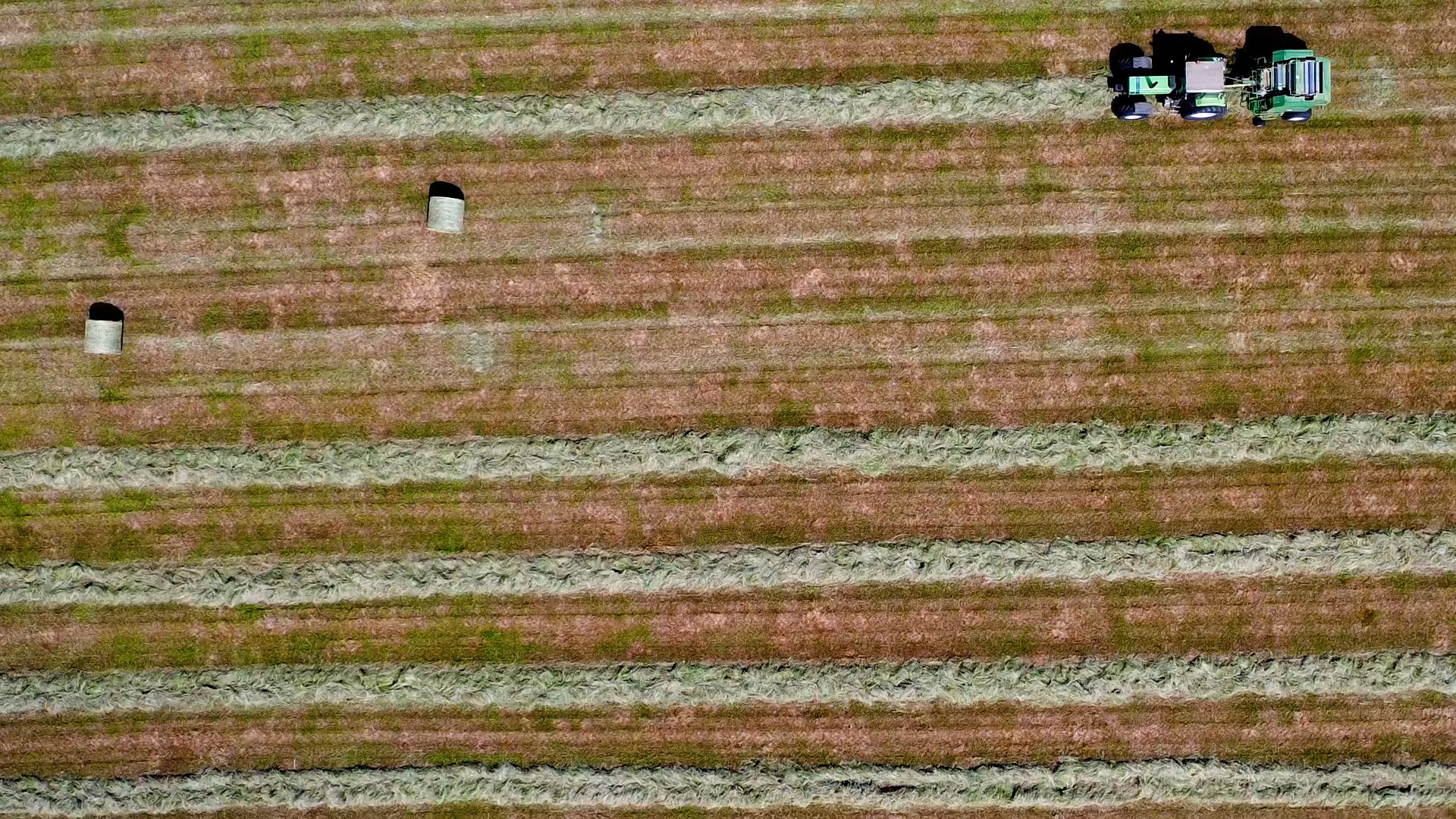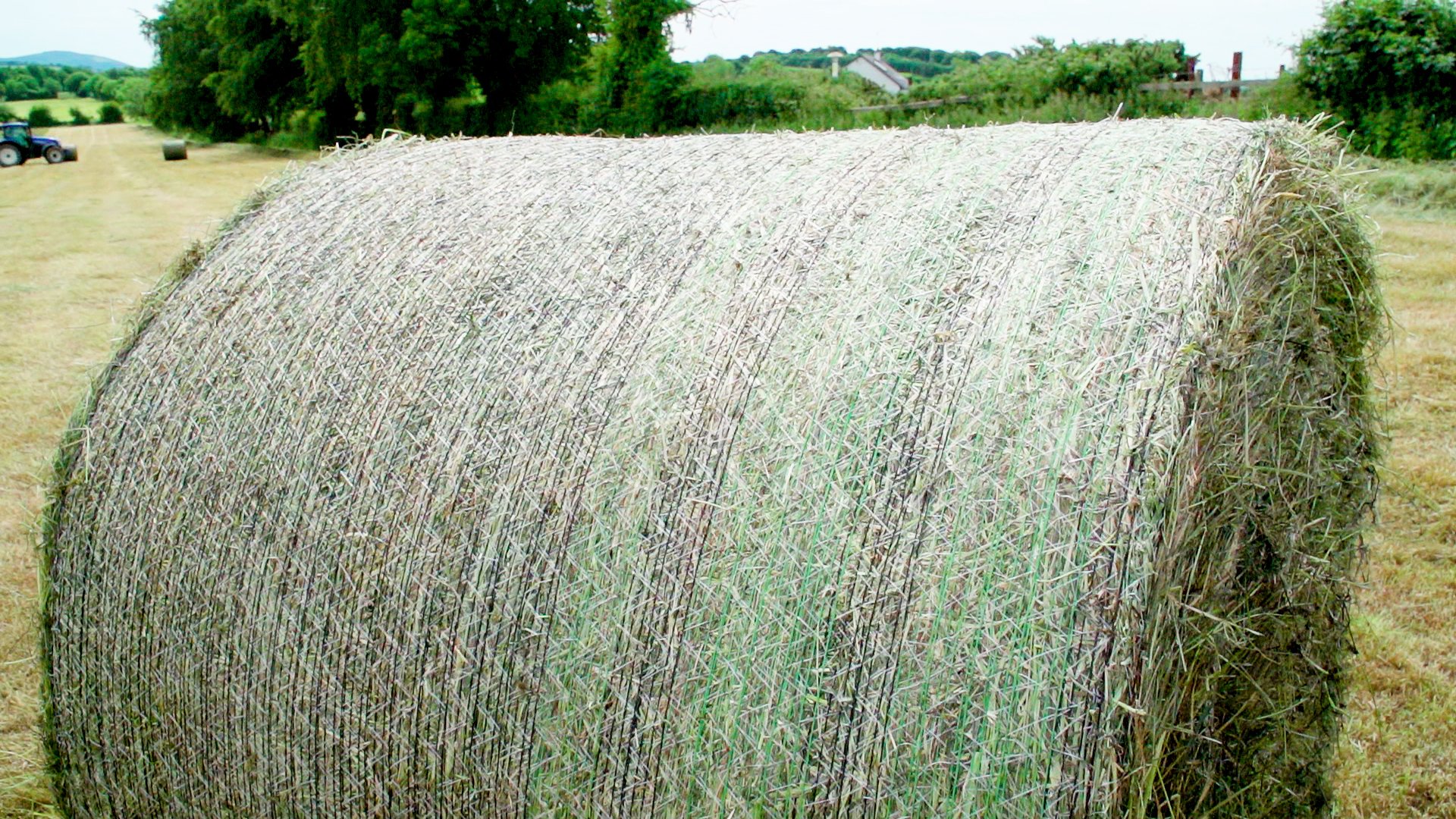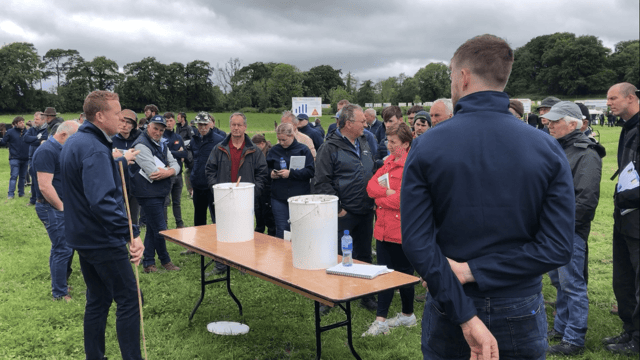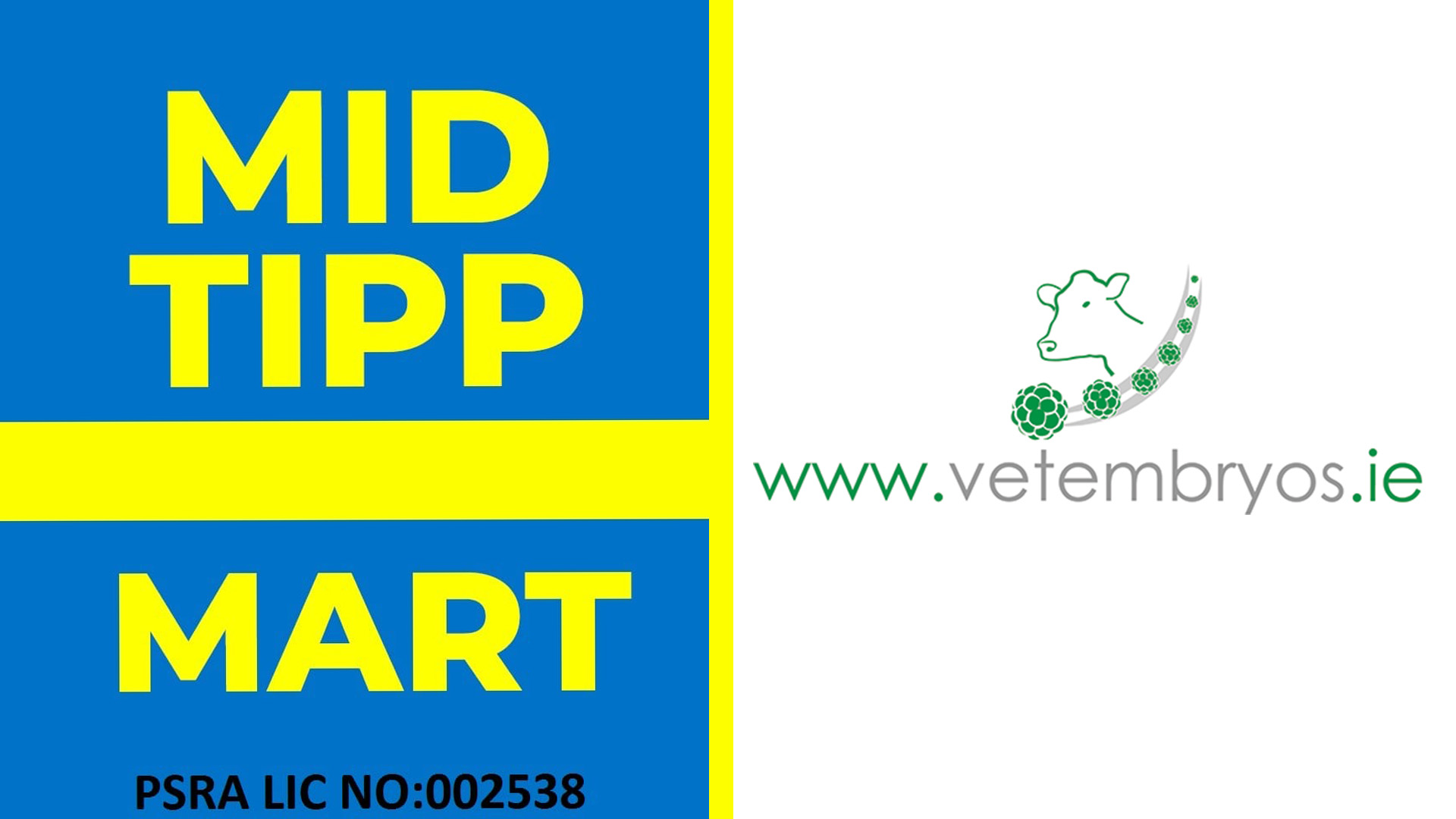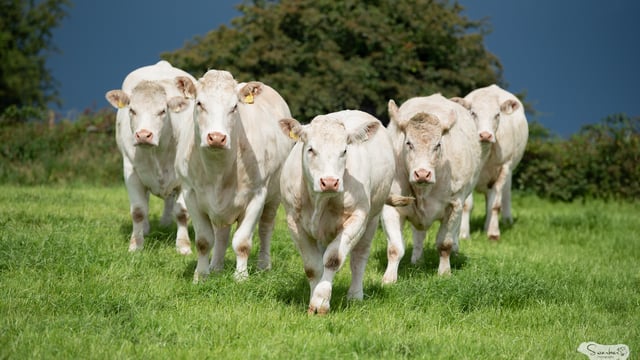Sponsored Article

Sponsored Article
Tama aims to be the world's most efficient crop baling producer
Sponsored Article

As a world leader in crop baling solutions, Tama develops and produces, among other products, netwrap, cotton wrap, baler twine, shade nets and turf nets for agriculture.
Founded in 1950, the Kibbutz-owned company has a worldwide coverage with 11 production sites, more than 25 sales organisations, and a clear focus on innovation and differentiation.
Speaking about Tama's products, Bart Cope, MK global sales director at Tama said: “Farm-grown solutions are at the core of our products – made by farmers, for farmers.
“Changing to more sustainable manufacturing methods will protect the land, so future generations of farmers will be able to grow the food we all depend on.”
Over the years, Tama has already reduced and re-used waste from its own manufacturing operations and looked at every stage of plastic production to develop more sustainable netwraps and twines.
Discussing the use of plastic in agriculture, Aviv Tron, netwrap sales and marketing product line manager and Tama Group environmental manager, said: “We are aware of the fact that plastic is an essential part of agriculture in general, and the baling industry in particular.
Tron continued: “Even though net, twine etc. only accounts for a fraction of the total EU agricultural waste, which itself only accounts for 5% of all plastic waste in the EU in 2020, that clearly is an issue to address.
"Of 722kt agri-plastic that is placed on the EU market on a yearly basis, only 173kt are currently recycled.”
Tama has set ambitious goals that must be reached by 2025 as the company aims to be the world’s most efficient crop baling producer.
The objective is to collect 50% of netwrap and twine as well as 90% of cotton wrap produced, and to increase the use of recycled plastics in Tama products to a minimum of 10% in netwrap, 30% in twine, and 20% in cotton wrap.
Furthermore, the aim is to reduce the use of virgin plastics by 3% in netwrap, 20% in twine and 10% in cotton wrap.
“In order to achieve these goals, Tama collaborates with a multitude of collection schemes around the world,” said Ewald Werschmann, TCE commercial manager and Europe Environmental Manager at Tama.
“We have implemented a collection and recycling process in cooperation with Adivalor in France and Healix in the Netherlands.
"The plastic waste is then taken to the Healix recycling plant in Maastricht, where it is further cleaned and re-processed into high-quality infinity polymers.
"These polymers are then repacked and shipped to Tama’s factories and return to the fields as new crop baling products," explained Werschmann.
The new high-performance netwrap and twine are used in significant percentages of recycled content, have been and are tested all over the world.
“These products are compatible with all balers and definitely offer the same performance and quality as other Tama crop baling products,” concluded Werschmann.
Click here for further information on Tama's sustainable product range.
Sponsored Article


